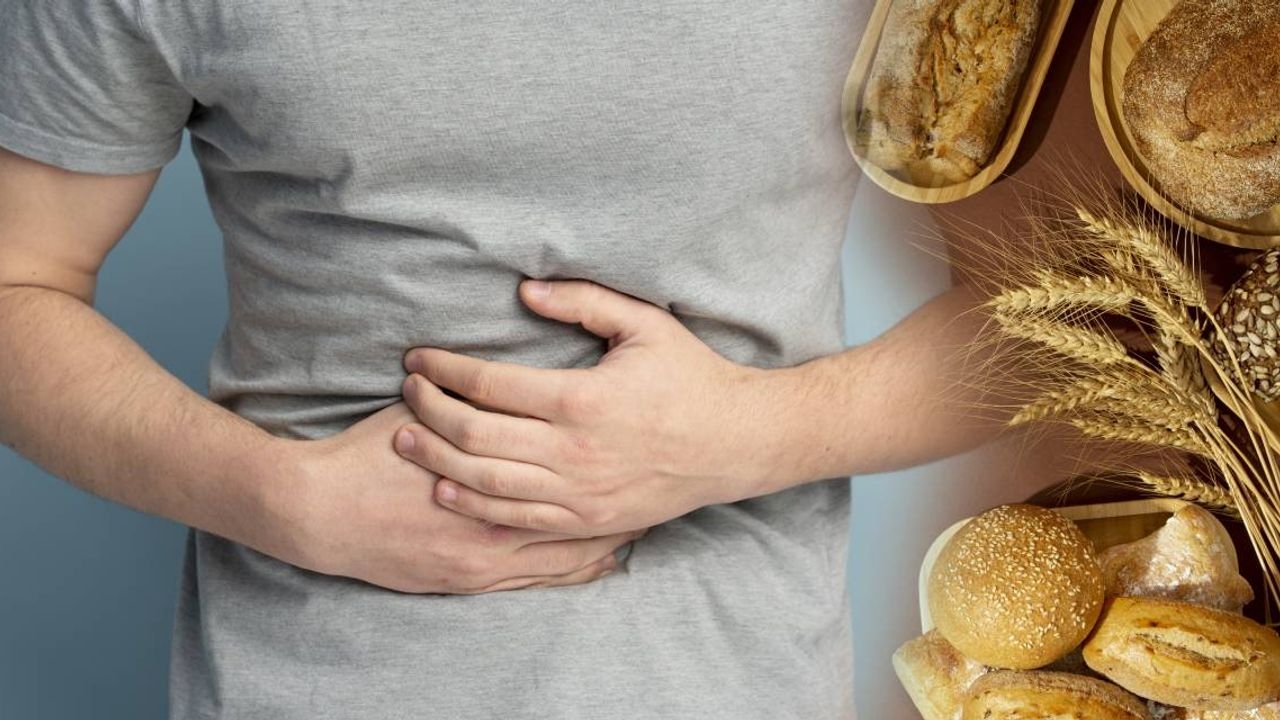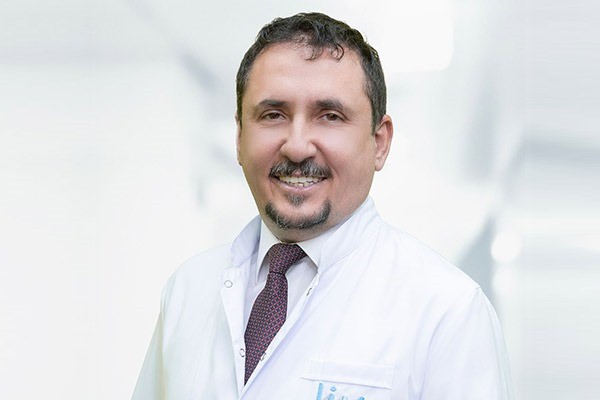Gluten allergy or celiac disease? Here's how to tell the difference...

Liv Hospital Samsun Gastroenterology Specialist Dr. Özgür Ecemiş shared important information about celiac disease. Dr. Ecemiş said, “Genetic and environmental factors play a role in celiac disease. Prolonged breastfeeding can be effective in treatment. The exact cause of this disease, which affects children and adults throughout life and can occur at any age, is unknown.”

Dr. Ecemiş defined celiac disease as “a small intestine disease of unknown cause that occurs as a permanent allergy to gluten proteins found in foods such as wheat, barley, rye, and oats in genetically susceptible individuals.”
SYMPTOMS MAY DIFFER IN EACH PATIENTSpecialist Dr. Ecemiş emphasized that celiac disease can manifest with different symptoms in each person, saying, "Most patients do not exhibit typical malabsorption symptoms such as diarrhea, fatty stools, or weight loss. Nowadays, symptoms such as anemia, fatigue, gas and bloating, osteoporosis, and infertility are more common."
Ecemiş noted that symptoms range across a wide spectrum: “Intestinal issues include bloating, abdominal pain, gas, indigestion, and vomiting. Diarrhea or constipation. Light-colored or foul-smelling stools. Anemia, iron deficiency, and B12 deficiency. Fatigue and weakness. Bone or joint pain. Difficulty conceiving in women. Liver disease of unknown cause. Mood swings, irritability, and depression. Tooth enamel problems. Skin rashes.”
ECEMİŞ: "BLOOD TESTS ARE PERFORMED FIRST IN DIAGNOSIS"Dr. Ecemiş said, "Diagnosing celiac disease requires specialized blood tests. If these tests are positive, the diagnosis is confirmed with a duodenal biopsy. Diagnosis is made when changes consistent with celiac disease are detected in the biopsy."
Dr. Ecemiş emphasized that the only treatment for the disease is a gluten-free diet, saying, "The only treatment for celiac disease is the complete elimination of gluten-containing foods from the diet. At this stage, as specialist physicians, we refer our patients to a dietitian for detailed information about a gluten-free diet. Once you begin the diet, the inflammation in your small intestine will subside within a few weeks."
THE MOST EFFECTIVE WAY OF TREATMENTExperts say the most important step in healing celiac disease is a lifelong gluten-free diet. During this time, patients should be vigilant, read food labels, and avoid potential cross-contamination.
Prolonged breastfeeding and instilling healthy eating habits can positively affect the course of the disease in both children and adults.
Source: IHA
Egetelgraf





